Context and the issue of strategic autonomy
The contemporary world is changing most strongly, quickly and profoundly since the Cold War. Strategic competition between major countries is taking place comprehensively in all fields. Globalization has entered a phase of "fragmentation" and "selection", reflected in the formation of economic and political power centers in a multipolar, multi-centered, multi-level direction, with the emergence of many new influential entities in the region and the world. Non-traditional security issues, such as climate change, epidemics, migration, energy crisis, resource scarcity and global supply chain disruption, pose intertwined, complex challenges, with multi-dimensional impacts on all countries, including Vietnam.
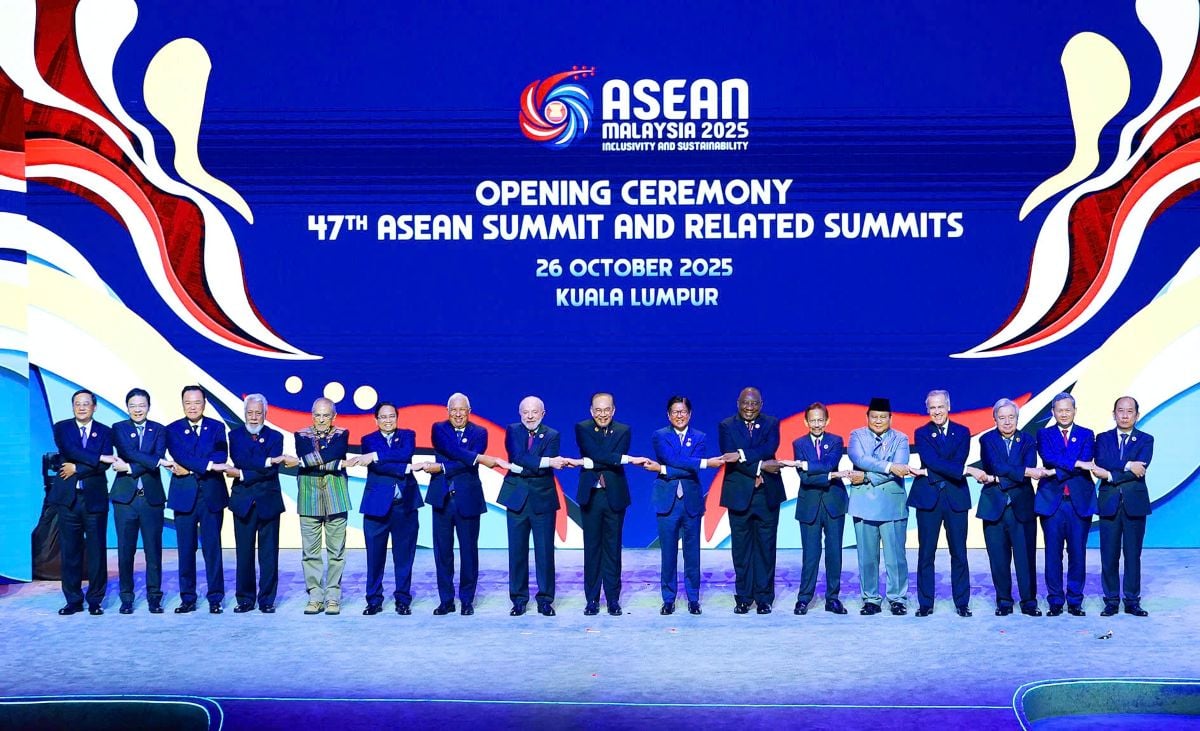
These changes not only reshape the world order, but also force countries to answer the core question: How to develop quickly and sustainably, while protecting independence and sovereignty , and maintaining their position in the context of increasingly fierce strategic competition? The answer lies in strategic autonomy - the ability to determine one's own development path, based on national interests, without being dependent on or dominated by any pressure or imposition from outside.
In the new era, the strength of each country is not only measured by population size or gross domestic product, but also demonstrated in the ability to maintain independence in thinking and adaptability to changes in the times. For Vietnam, the issue of strategic autonomy, enhancing national potential and position in the new context is of core significance in renewing the country's development thinking, creating a foundation for sustainable development. "Strategic autonomy is understood as a combination of strong internal strength, steadfast political and foreign affairs mettle, clearly positioning oneself, defining a clear development roadmap, enhancing flexible adaptability and proactive, active international integration capacity" (1) . The globalization process is taking place more and more deeply, Vietnam must consolidate internal strength, enhance resilience and self-adjustment ability to both deeply integrate into the world and maintain independence, autonomy and its own identity.
Looking back on history, our country has experienced many difficulties and challenges, but the Vietnamese people have never retreated, but have always steadfastly risen up, relying on their own strength to win. That tradition is the foundation for Vietnam's strategic autonomy in the new context: independence in choice , creativity in action , steadfastness in goals , flexibility in methods . The country is entering a new stage of development, the goal of "striving to become a developed, high-income country by 2045" (2) requires further enhancement of strategic autonomy capacity. Independence and autonomy are not only political positions, but must become endogenous capacities, national governance methods for sustainable development. Only when every step, every policy, every major decision of the country comes from a vision of autonomy, will Vietnam truly enter a stage of development with depth, courage and position. Therefore, strategic autonomy is a goal to be achieved, a long-term and continuous process, requiring steadfastness, independent thinking, decisive action and consensus of the whole society. That is also the spirit stated in the draft documents of the 14th National Party Congress that needs to be identified, interpreted and promoted, for an independent, self-reliant, developed and prosperous Vietnam in the new era.
President Ho Chi Minh's views on the issue of strategic autonomy
President Ho Chi Minh was the one who laid the foundation for the philosophy of independence and strategic autonomy of our nation in the era of proletarian revolution. For him, national independence was the goal, guiding principle and method of action of the entire Vietnamese revolutionary process.
Right from the early years of searching for a way to save the country, President Ho Chi Minh soon realized that the path to true independence for the nation could not be by asking for help or relying on outsiders, but must be carried out by the will of self-reliance and self-strengthening of the Vietnamese people themselves. He wrote: "If we want others to help us, we must first help ourselves" (3) . That is the thinking that originated the development strategy with Vietnamese identity, relying mainly on our own strength, knowing how to take advantage of and combine the strength of the times to create the overall strength of the nation.
President Ho Chi Minh's ideology of independence and autonomy was consistently expressed from the time he approached Marxism-Leninism throughout the process of leading the revolution. He recounted: "At first, it was patriotism, not anything else, that led me to Lenin, to the Third International" (4) . From there, he affirmed that only the proletarian revolution following the path of Marxism-Leninism could help Vietnam gain true independence and autonomy. In the Declaration of Independence, he solemnly declared: "Vietnam has the right to enjoy freedom and independence, and in fact has become a free and independent country. The entire Vietnamese people are determined to devote all their spirit and strength, their lives and property to maintain that freedom and independence" (5) . President Ho Chi Minh believed that independence is not only independence in political form, but also in substance - independence in thinking, guidelines, policies and actions. In his view, independence and autonomy are two unified categories. Independence is the condition for autonomy, and autonomy is a concrete and vivid expression of independence. He said: "If the country is independent but the people do not enjoy happiness and freedom, then independence is meaningless" (6) . That contains the idea of development beyond the times, independence must be associated with development, autonomy must go hand in hand with comprehensive improvement of the material and spiritual life of the people.
President Ho Chi Minh said: “A nation that does not rely on itself but waits for help from other nations does not deserve independence” (7) . According to him, autonomy does not mean isolation; on the contrary, it is the condition for proactively opening up and integrating on an active, equal, and mutually beneficial basis. That thinking is the core of strategic autonomy, combining independent courage and flexible intelligence, between national self-reliance and the strength of the times.
The consistent foreign policy of independence, self-reliance, peace, cooperation and development, proactive and active international integration has been inherited, supplemented and developed by our Party throughout the process of leading the revolution. The current policy of "strategic autonomy" of our Party continues to inherit and creatively develop Ho Chi Minh's thought in the new conditions of the digital age and globalization. If in the 20th century, autonomy was expressed in "standing up for independence and national unification", then in the 21st century, strategic autonomy is understood at a higher level, that is, the capacity to shape the future of the nation, mastering not only the territory but also knowledge, technology, development space and cultural and spiritual values of the nation. "Confidence, autonomy, self-reliance, self-strengthening, that is the endogenous strength and national pride that we must maintain at all costs" (8) to open the journey of strategic autonomy in the new era of development.
Over 40 years of innovation, our Party has led the country to achieve great and historic achievements, gradually affirming the nation's capacity for autonomy in all areas of political, economic, social, cultural and foreign affairs life.
The document of the 13th National Party Congress clearly stated: “Combining national strength with the strength of the times; upholding the will of independence, self-reliance, proactiveness, actively integrating and improving the effectiveness of international cooperation, maximizing internal strength, taking advantage of external strength, in which internal resources, especially human resources, are the most important” (9) . Vietnam entered a period of comprehensive strategic autonomy, relying on its own strength while taking advantage of the strength of the times, firmly maintaining independence while integrating deeply, comprehensively and effectively into the international community, achieving important achievements, creating a solid position and strength to enter a period of rapid and sustainable development and increasingly affirming the country's position in the international arena.
Strategic autonomy, raising national status in the new era
Vietnam's current strategic autonomy can be viewed on five basic, interconnected pillars, including:
First, political and institutional autonomy. This is the decisive foundation, reflecting the independent thinking and action capacity of the Party, the State and the political system. Political autonomy is not only maintaining the leadership role, the ruling capacity of the Party, the effective management and administration, and the development creation of the State, including the smooth operation of the two-level local government model, but also the ability to plan and implement guidelines and policies in accordance with national interests, without being dependent on external pressure.
Second, economic self-reliance. Economy is the material pillar of strategic autonomy. A country is truly autonomous only when its economy is resilient enough to withstand fluctuations, self-sufficient in essential needs, self-regulating the supply chain and proactively participating in the global value chain. Economic self-reliance is also the ability to be independent in development decisions, diversify resources, multilateralize economic relations, enhance innovation capacity and national competitiveness.
Third, confidence in culture and people. Vietnamese culture and people are the “soft resources”, the endogenous strength of the nation. A nation confident in its cultural values will have the courage to be independent in thinking and action. Therefore, building modern, humane, creative Vietnamese people with a sense of responsibility and a desire to contribute is a prerequisite to strengthening the country’s strategic autonomy.
Fourth, self-reliance in science and technology. This is the driving force for Vietnam to improve its competitiveness and determine its position in the digital age; determined to master new knowledge, promote research, innovation, develop core technology, platform industries, and enhance the internal strength of domestic enterprises. Proactively develop digital infrastructure, digital data, artificial intelligence, and the science and technology ecosystem, creating endogenous strength for sustainable development.
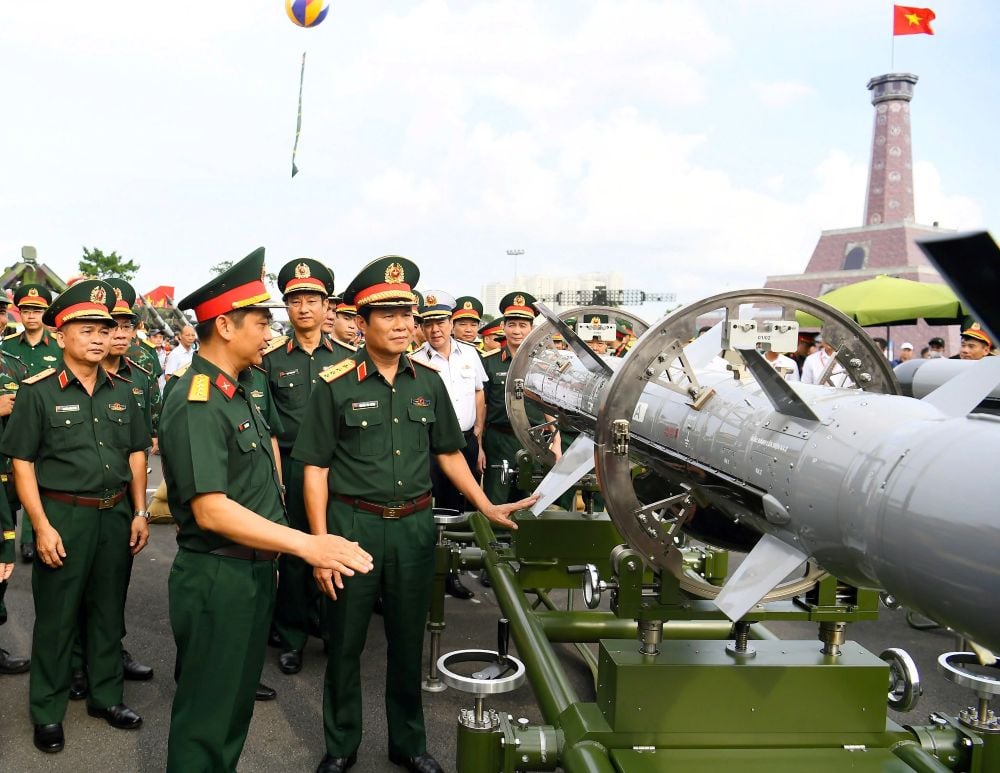
Fifth, self-reliance in national defense and security . This is a prerequisite for Vietnam to maintain independence, sovereignty, unity, territorial integrity, and sustainable national development. This requires building a revolutionary, disciplined, elite, and modern armed force; self-reliance in defense and security industry; firmly consolidating the all-people defense posture associated with the people's security posture; effectively forecasting and responding to risks; maintaining a peaceful and stable environment to protect the Fatherland early and from afar.
The above five pillars are closely linked, harmonious, and complement each other, creating the combined strength of national strategic autonomy. In that dialectical relationship, political autonomy is the foundation, economic self-reliance is the center, cultural self-confidence is the “soft power”, scientific and technological self-reliance is the driving force, and national defense and security is the “shield” to ensure the sustainability of strategic autonomy.
Vietnam advocates openness and deep, comprehensive integration on the basis of protecting the highest national interests. That thinking is clearly affirmed in the Party's foreign policy: "Vietnam is a friend, a reliable partner and an active, responsible member of the international community" (10) . Thus, strategic autonomy is the high level of development of national independence and autonomy, a comprehensive capacity reflecting the endogenous strength, political mettle, governance capacity, creativity and cultural values of a nation in the development process.
In the new era of development, to enhance strategic autonomy, it is necessary to focus on the following contents:
Firstly, firmly maintaining independence and self-reliance, combined with proactive and active international integration, comprehensively, deeply and effectively. This is a principled viewpoint that runs through our Party's development path. In the context of increasingly fierce strategic competition, Vietnam must firmly maintain the principle of strategic independence, be flexible in tactics, not be drawn into conflicts of interest among major countries, and at the same time make the most of every opportunity for equal cooperation and mutual development.
Second, Developing an independent and self-reliant economy based on science and technology, innovation and digital transformation. It is necessary to promote three strategic transformations: (1) Transforming the growth model from breadth to depth, taking productivity, quality and efficiency as measures; (2) Transforming the industry structure towards green, digital, circular and technological self-reliance; (3) Transforming resources from dependence on capital and simple labor to being based on knowledge, technology and innovation. Along with that, it is necessary to form autonomous value chains and develop Vietnamese enterprises with the ability to compete globally. Self-reliance in energy, food, finance, technology and digital data must be considered the new foundation of national security.
Third , build and promote the strength of Vietnamese culture and people, creating a solid spiritual foundation for strategic autonomy. Focus on building modern - humane - creative - responsible Vietnamese people, with the capacity to master new knowledge, new technology, respect the law and be responsible to the community. Promote national cultural identity in integration, build a system of national values, a system of cultural values, a system of family values and standards for Vietnamese people in the new era.
Fourth , continue to improve institutions, enhance the Party's leadership and governing capacity and the effectiveness and efficiency of State management and administration. Strategic autonomy can only be truly affirmed and promoted when it is institutionalized into a system of laws, policies and synchronous, transparent and effective operating mechanisms of the political system apparatus. Promote decentralization and delegation of power associated with accountability and control of power. Build a contingent of cadres, civil servants and public employees, especially the contingent of strategic-level cadres, with moral qualities, capacity, true professionalism, integrity, strict implementation of public service responsibilities and ethics, wholeheartedly serving the Fatherland and the people. Modernize the administration, improve the capacity to forecast, plan and implement policies. A streamlined, effective and transparent leadership and management apparatus is an important condition to ensure the country's strategic autonomy.
Fifth, strengthen national defense and security potential, proactively protect the Fatherland early and from afar. In the context of competition with major powers and increasing non-traditional security risks, it is necessary to develop a strong national defense and people's security, build a solid people's position, closely combine traditional and non-traditional security, especially cyber security, energy security, and economic security. Strategic autonomy in national defense and security is not only the ability to protect the territory, but also the ability to proactively prevent conflicts, resolve risks, and maintain strategic balance, ensuring national interests in all situations.
Sixth, promote the role of theoretical research and policy communication on strategic autonomy and international integration. Strategic autonomy is an affirmation of the position of the Vietnamese nation in the new era, on the journey towards the mid-20th century, with the aspiration for a peaceful, independent, democratic, prosperous, prosperous, civilized, happy Vietnam, steadily moving towards socialism./.
-------------------------
(1) Speech by Professor, Dr. Nguyen Xuan Thang, Politburo member, Director of the Ho Chi Minh National Academy of Politics, Chairman of the Central Theoretical Council at the 10th Theoretical Dialogue between the Communist Party of Vietnam and the Social Democratic Party of Germany, October 29, 2025
(2) Documents of the 13th National Congress of Delegates , National Political Publishing House Truth, Hanoi, 2021, vol. I, pp. 217 - 218
(3) Ho Chi Minh: Complete Works, National Political Publishing House Truth, Hanoi, 2011, vol. 5, p. 285
(4) Ho Chi Minh: Complete Works, op. cit ., vol. 12, p. 562
(5) Ho Chi Minh: Complete Works, op. cit ., vol. 4, p. 3
(6) Ho Chi Minh: Complete Works , op. cit ., vol. 4, p. 64
(7) Ho Chi Minh: Complete Works , op. cit ., vol. 7, p. 445
(8) Reporter group: General Secretary To Lam: Confidence, autonomy, self-reliance, and self-strengthening are endogenous strength and national pride, Ho Chi Minh City Law Electronic Newspaper , November 4, 2025, https://plo.vn/tong-bi-thu-to-lam-tu-tin-tu-chu-tu-luc-tu-cuong-la-suc-manh-noi-sinh-va-niem-tu-hao-dan-toc-post879468.html
(9) Documents of the 13th National Congress of Delegates, op. cit., pp. 110 - 111
(10) Documents of the 13th National Congress of Delegates , op. cit. , p. 162
Source: https://tapchicongsan.org.vn/web/guest/quoc-phong-an-ninh-oi-ngoai1/-/2018/1167002/tu-chu-chien-luoc%2C-nang-cao-vi-the-quoc-gia.aspx



![[Photo] General Secretary To Lam receives Vice President of Luxshare-ICT Group (China)](https://vphoto.vietnam.vn/thumb/1200x675/vietnam/resource/IMAGE/2025/11/15/1763211137119_a1-bnd-7809-8939-jpg.webp)

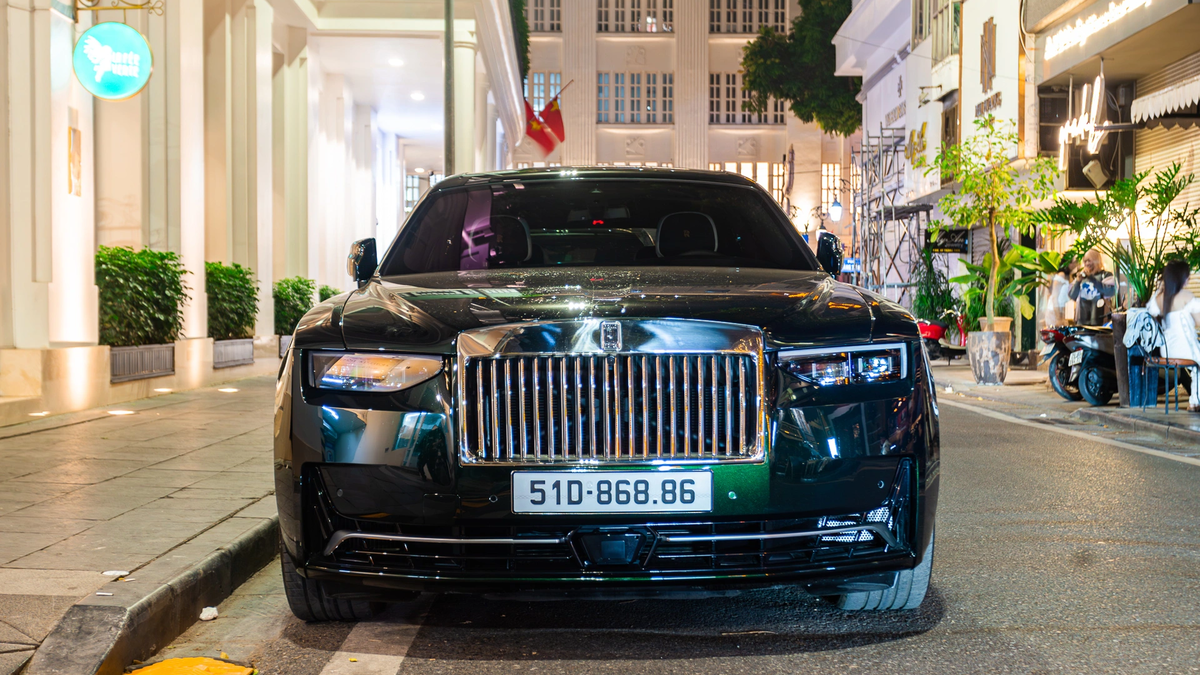
![[Photo] Prime Minister Pham Minh Chinh meets with representatives of outstanding teachers](https://vphoto.vietnam.vn/thumb/1200x675/vietnam/resource/IMAGE/2025/11/15/1763215934276_dsc-0578-jpg.webp)

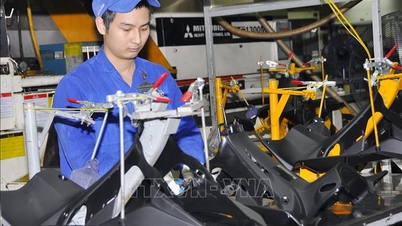

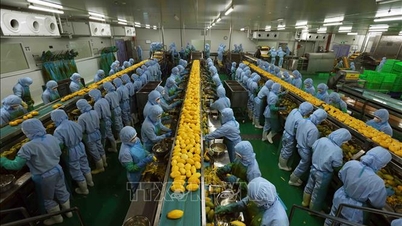
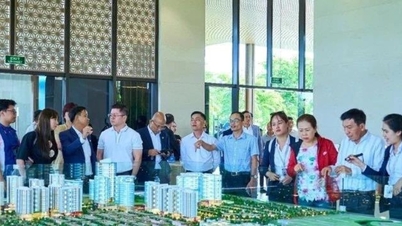



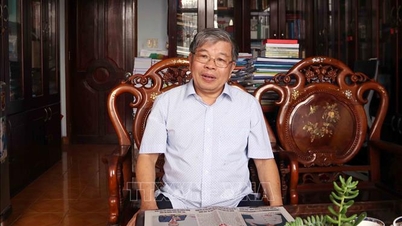


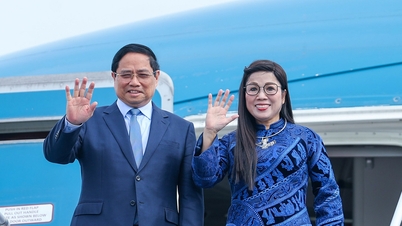



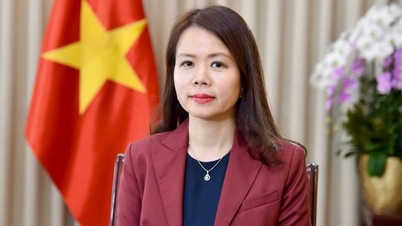
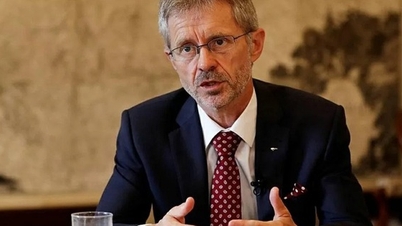


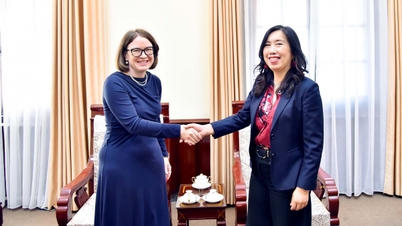


























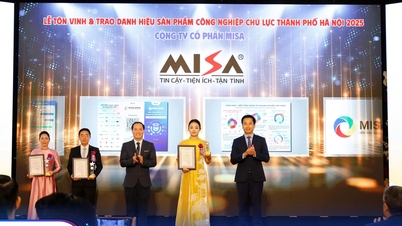























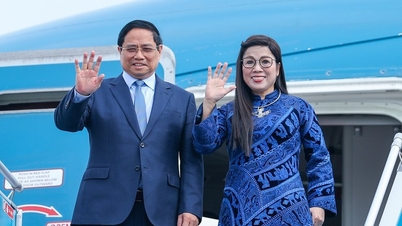

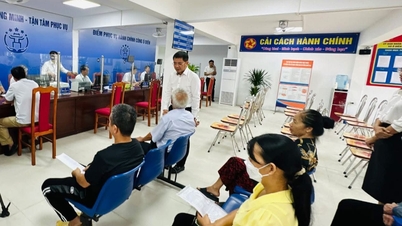
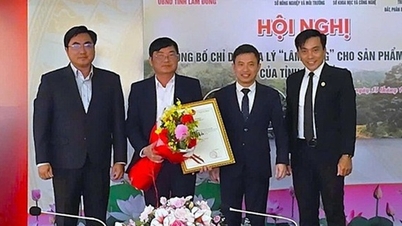



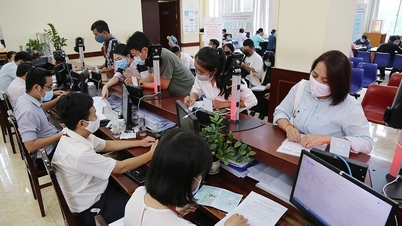

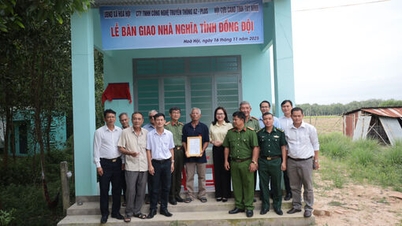



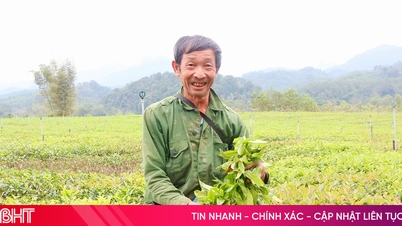



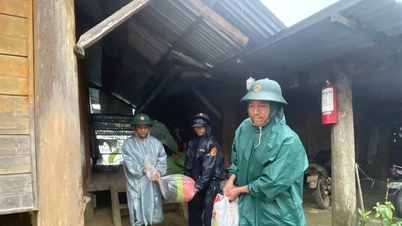

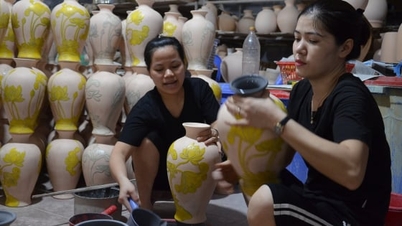






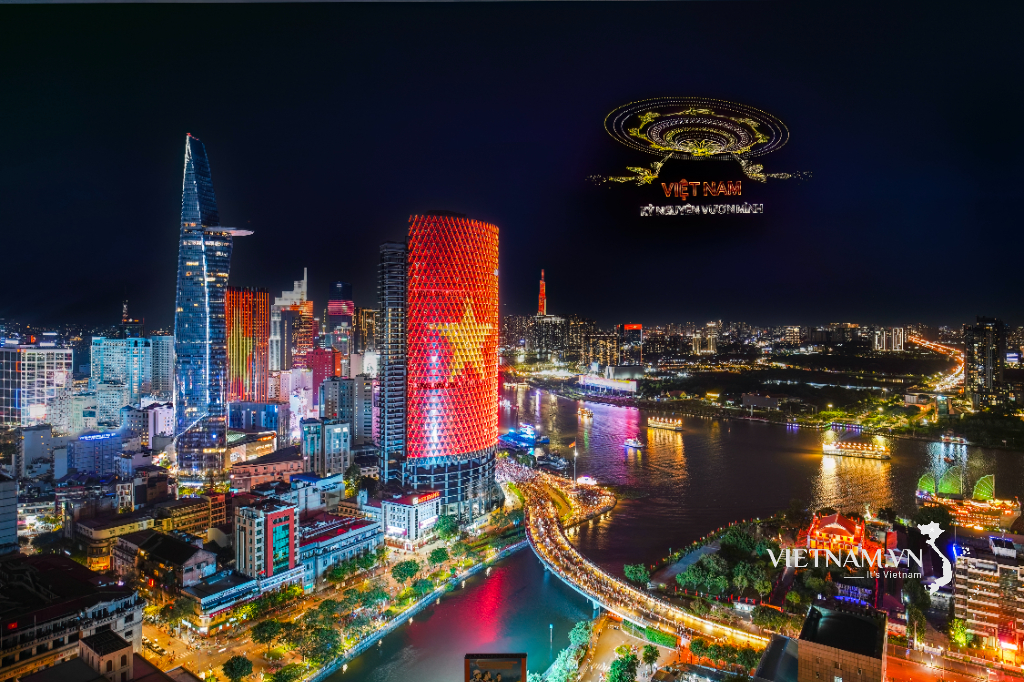



Comment (0)